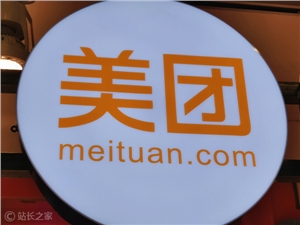Global renowned consulting firm McKinsey has cut about 200 technology positions in the past week. This move marks that McKinsey is gradually deepening its application of artificial intelligence (AI), aiming to improve efficiency by automating some tasks. This change is similar to the practices of other competitors in the industry, as many companies are using AI to optimize workflows and reduce labor costs.
Internal sources at McKinsey revealed that the company is evaluating which tasks can be taken over by AI. This process involves detailed analysis of various job functions, with the aim of potentially making more job cuts in the next two years. In addition, McKinsey has not ruled out the possibility of further reducing other functional positions, especially in areas that are easily replaceable by automation.
According to reports, this decision by McKinsey reflects the rapid adaptation of the consulting industry to emerging technologies. With the continuous advancement of AI technology, many traditional jobs face the risk of being replaced, especially those that are repetitive and rule-based. Although the layoffs have had a significant impact, the company is also actively exploring how to use AI technology to improve service quality and customer satisfaction.
Currently, McKinsey is continuously improving its AI technology application, striving to maintain competitiveness while ensuring the sustainable development of its business. In the future, how to balance the relationship between artificial intelligence and human resources will become an important challenge for McKinsey and other consulting companies.
Key Points:
🌐 McKinsey has cut about 200 technology positions, aiming to improve efficiency through AI automation.
🔍 The company is assessing which tasks can be replaced by AI, and may further reduce other positions in the future.
🤖 The consulting industry is accelerating its adaptation to AI technology, and traditional jobs face the risk of being replaced.










